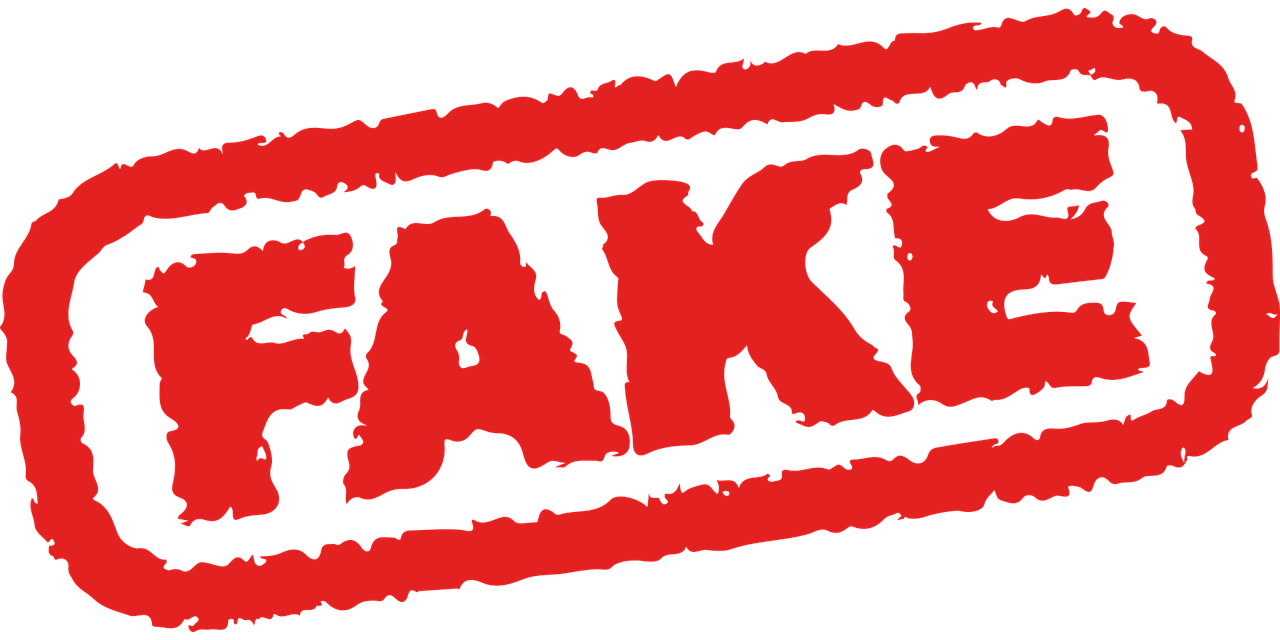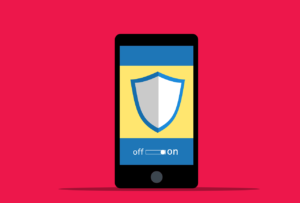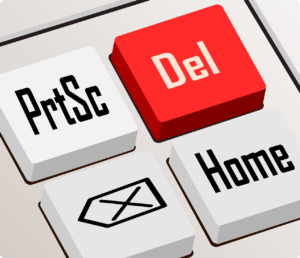An inauthentic Facebook account is one that is created with the intention of misleading others about the true identity of the account holder. You need to be vigilant to avoid falling prey to their scams.
Below are the common patterns and behaviors that may indicate an account is inauthentic:
- Profile picture: Inauthentic accounts often use profile pictures that are either not of a person or are stolen from someone else’s account.
- Limited activity: Inauthentic accounts may have limited activity, with few posts, likes, or comments, which may be an indicator that the account is not being used by a real person.
- Generic information: Inauthentic accounts often provide very little information about themselves, such as a lack of details about their job, education, or location.
- Random friend requests: Inauthentic accounts often send out random friend requests to other users, sometimes in large numbers, even to people they do not know.
- Inconsistent or vague posting: Inauthentic accounts may post content that is inconsistent with their supposed identity or that is vague or ambiguous.
- Spamming or phishing: Inauthentic accounts may post spam or phishing content, such as links to fake websites or offers that seem too good to be true.
- Repetitive behavior: Inauthentic accounts may repeat the same behavior over and over, such as posting the same content or sending out the same messages to multiple people.
- No interaction with others: Inauthentic accounts may not interact with other users on Facebook, such as by responding to comments or engaging in conversations.
It’s important to note that these behaviors do not necessarily mean that an account is inauthentic, but they are potential red flags that may warrant further investigation.




